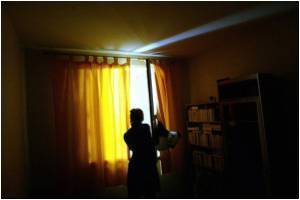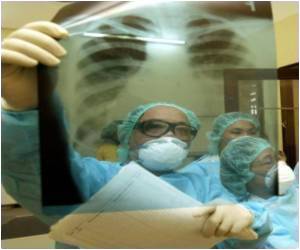Researchers link stigma to depression among patients with lung cancer, reveals study.

"To the best of our knowledge, this is the first study to examine the relationship of perceived stigma to depressive symptomology in lung cancer patients," said study co-author Paul B. Jacobsen, Ph.D., Moffitt's associate center director for Population Sciences.
"Given its strong association with tobacco use, lung cancer is commonly viewed as a preventable disease. Consequently, patients may blame themselves for developing lung cancer and feel stigmatized.
"Even lung cancer patients who have never smoked often felt - accurately or inaccurately - that they were being blamed for their disease by friends, loved ones and even health care professionals."
According to study co-author Brian D. Gonzalez, M.A., of Moffitt's Department of Health Outcomes and Behavior, the aim of the study was to identify psychosocial links for depression among lung cancer patients in order to develop interventions.
They also wanted to find out if - beyond other social and demographic factors often taken into account in studies of depression and cancer diagnosis perceived - stigma could account for variability in depressive symptoms in cancer patients.
"We found that 38 percent of those in the survey suffered from depression," said Gonzalez.
The researchers also examined rates of social rejection, financial insecurity, internalized shame and social isolation.
"Documenting this link between stigma and depression is important because it adds further evidence to the growing body of research suggesting a link between illness-related stigma and the symptoms of depression," concluded Jacobsen.
For Gonzalez, the findings in this study suggest that psychotherapeutic approaches might be useful in alleviating or preventing depression among lung cancer patients.
The study has been published in a recent issue of Psycho-Oncology.
Source-ANI
 MEDINDIA
MEDINDIA




 Email
Email










